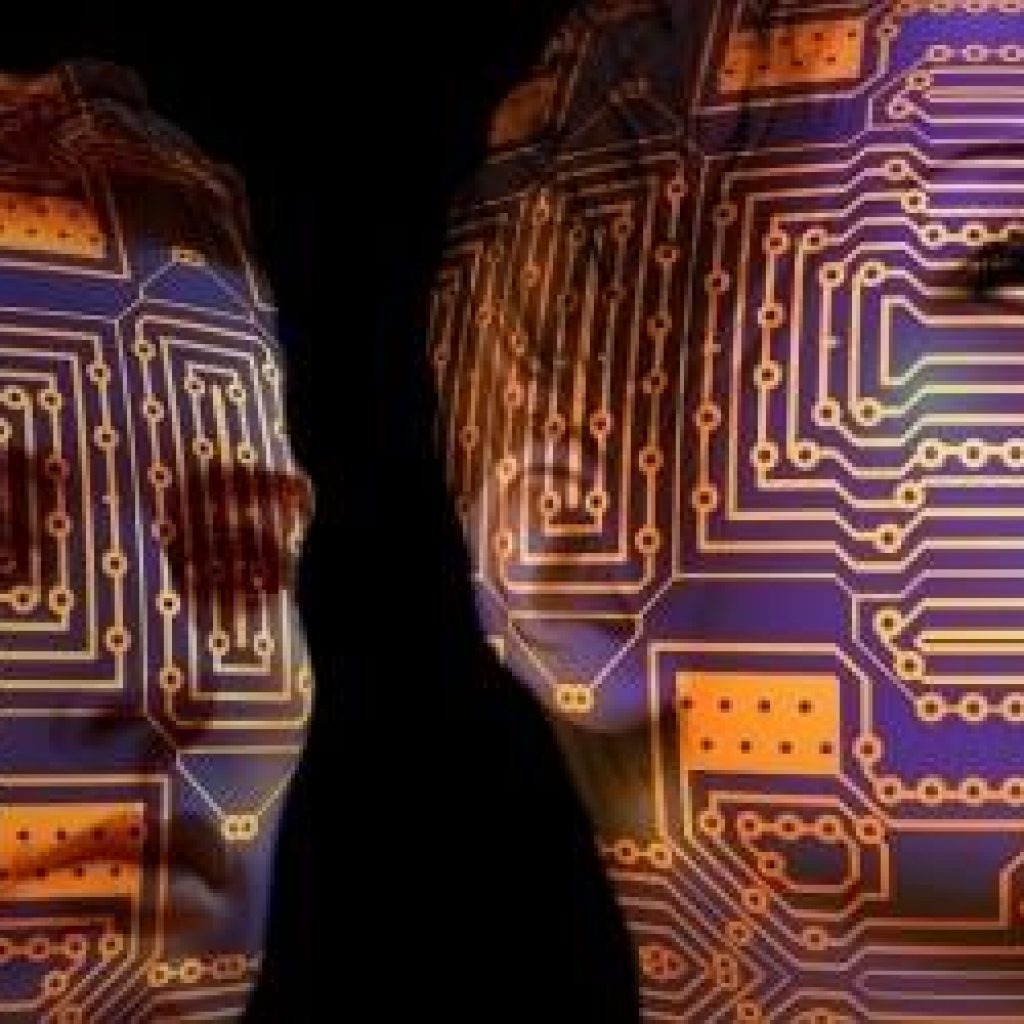(Forbes) AI has already demonstrated its power across a range of use cases. But these powerful results aren’t necessarily delivered quickly. Machine learning (ML) models need to be trained, and in addition to demanding mountains of data, this takes time. Some models take months to train. But given the inherent advantages of quantum machines over classical machines, quantum computing can substantially reduce training times and improve the accuracy of ML models.
Recent research from IBM has borne out this quantum advantage for ML. Researchers demonstrated that, for certain classes of supervised ML models, a quantum-enabled ML algorithm performed not only faster but also more accurately than its classical computing counterpart. In practice, this means quantum-enabled ML will extract more valuable insights than even today’s most powerful classical computers and will be able to do so faster.
The generative capabilities of quantum devices have another potent application: filling in the gaps in data needed to train ML models. Data has traditionally been the limiting factor when it comes to training ML algorithms. That is, when trying to use ML to predict outcomes for rare or infrequent events, such as global pandemics, the absence or scarcity of a robust dataset poses significant challenges. Quantum-enabled generative AI models can create new “synthetic” datasets very similar to the training data you already have, greatly mitigating this limitation.
Why Quantum Computing Should Be Part Of Your Enterprise AI Strategy
